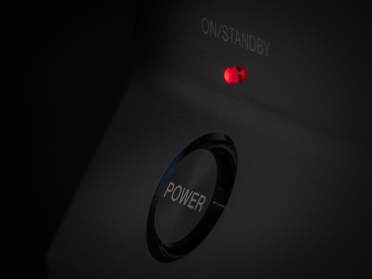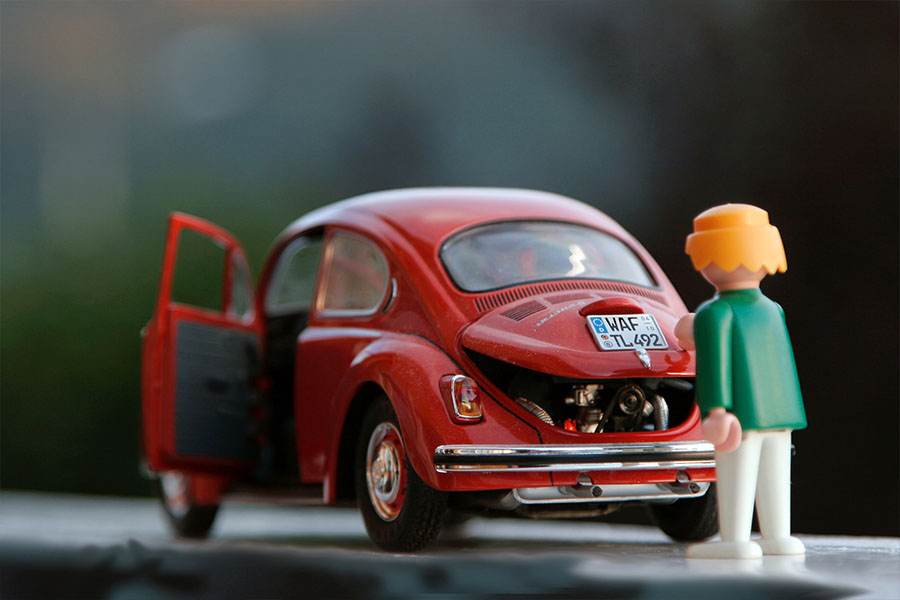
Due to the coronavirus pandemic many of us are going days and weeks without using our cars and other vehicles we may have at home.
A vehicle that is left unused can develop problems that will prevent it working properly when you come to drive it. However, there are some sensible measures you can take to ensure your car remains healthy, safe and legal.
Important vehicle checks during lockdown
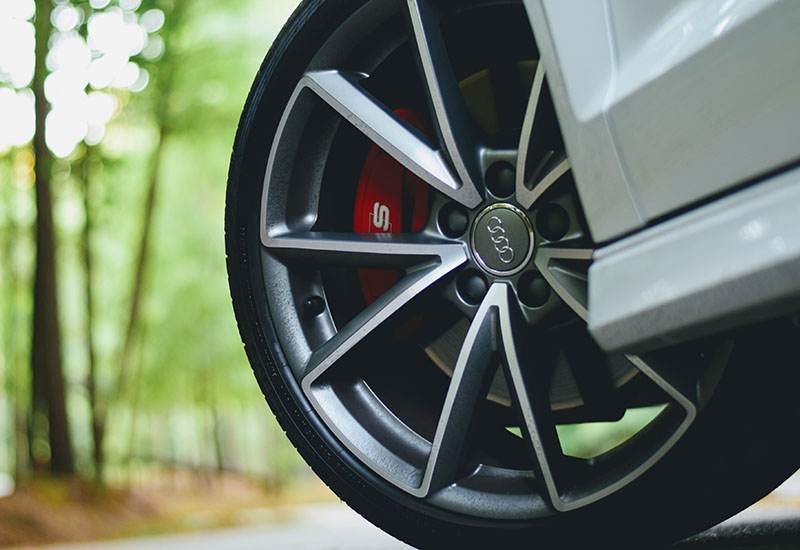
Tyres
When left for a prolonged period, tyres can suffer from flat spots and lose their round shape, especially older tyres.
Keep an eye on the air pressure and the condition of the tyres, checking for any cracking on the side walls, and try to move the car as frequently as possible. Driving regularly prevents your tyres from degrading and it keeps all the moving parts in your car lubricated.
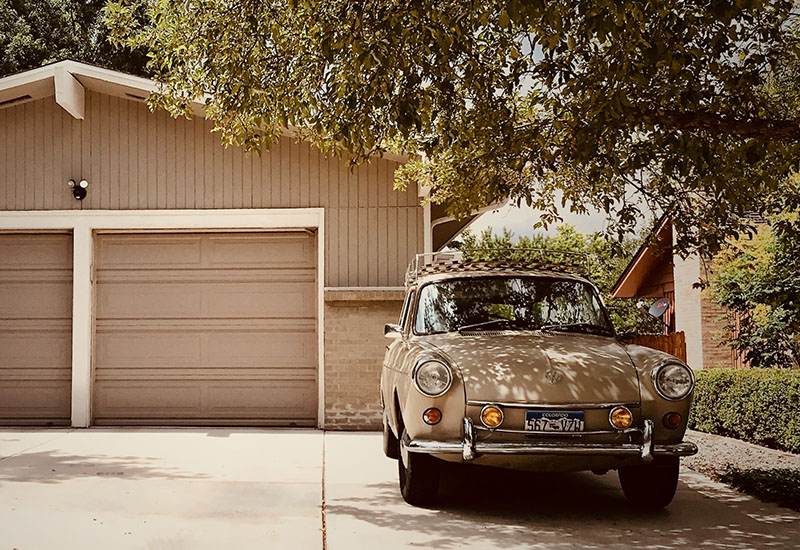
Parking
If a garage isn’t an option, try to park somewhere shaded during the day and well-lit at night. Trees offer protection from some types of weather but will leave your car more vulnerable to bird droppings and tree sap, which should be cleaned off quickly to avoid damage to the paintwork. Alternatively, consider using a car cover.
Handbrake
It is good practice to release the handbrake, even if you are not planning on moving the car, this will stop it from seizing and locking the rear brakes. This is only possible on flat, private ground.
Remember to leave your car in gear and use blocks in front/behind the wheels to minimise the risk of rolling.
Battery
One of the main problems with leaving a car parked for long periods is a dead battery. The best way to prevent this is to drive your car at least once every two weeks, or if this is not currently possible, just leave the car running for 20 minutes.
Remember this needs to be done in an open space, not a garage, to ensure good circulation of the fumes.
A battery maintainer or trickle charger is also an ideal way to keep the battery topped up over prolonged periods of time. It will help keep immobilisers and other energy-sapping systems from draining your battery completely; some are powered by solar energy, others are plugged into the mains.
You will also need to run your engine if you have a hybrid car. For electric-only cars, make sure the battery is not at a minimum charge level, as high-voltage lithium-ion batteries may refuse to accept a charge if left empty for extended periods.
Check the owner’s manual as some advice that electric vehicles should be kept plugged in when not in use and the car’s electronic control unit will look after the high voltage battery’s health, others not.
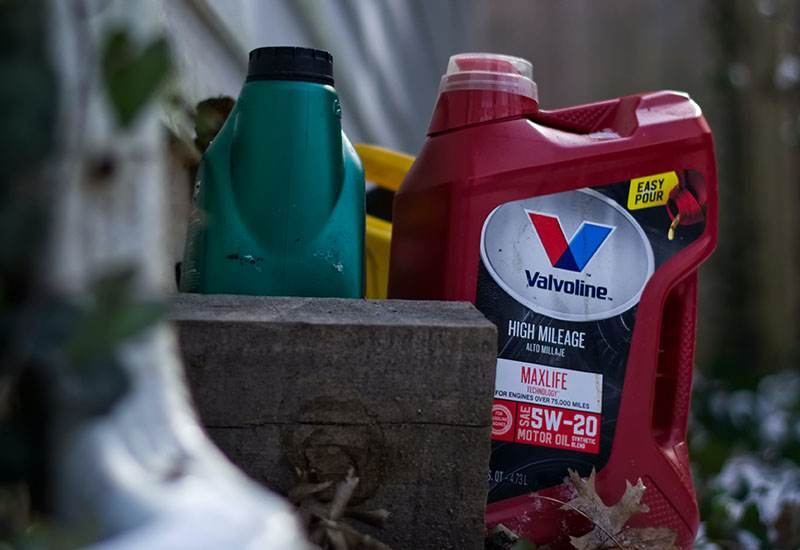
Fuel
Fuel lasts for about 6 - 12 months, after this it could potentially damage the car’s engine. If you have a full tank, condensation is less likely to build up which can cause the fuel to degrade.
If you have a small amount of fuel left in your tank that’s been there for a few weeks, top it up with new fuel. This should replenish the old fuel, so it’ll be fine to drive.
The RAC also recommends you top up vital liquids including the oil, coolant and window wash so your car is ready to use next time you need it.
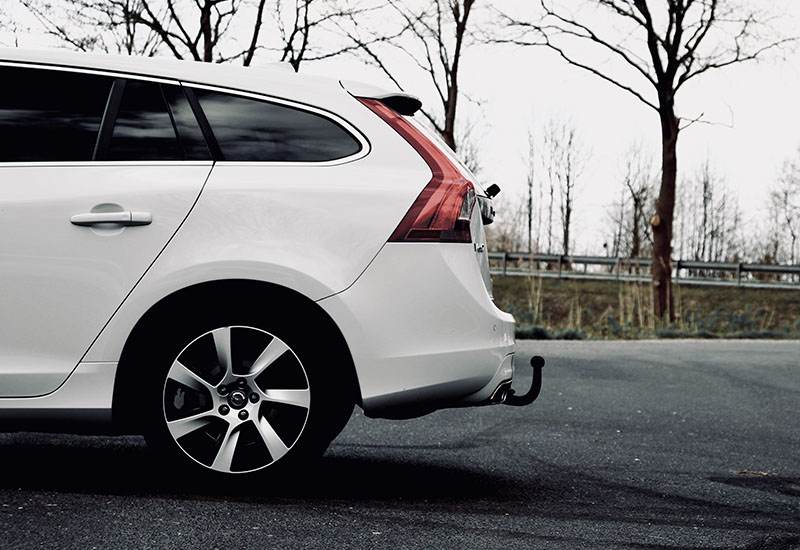
MOT
Vehicles which were due a MOT after 30th March 2020 have automatically received a six month extension, but your vehicle must still be kept in a road worthy condition. Remember you must still tax and insure your car in this period.
Find more lifestyle tips on Audley Stories















